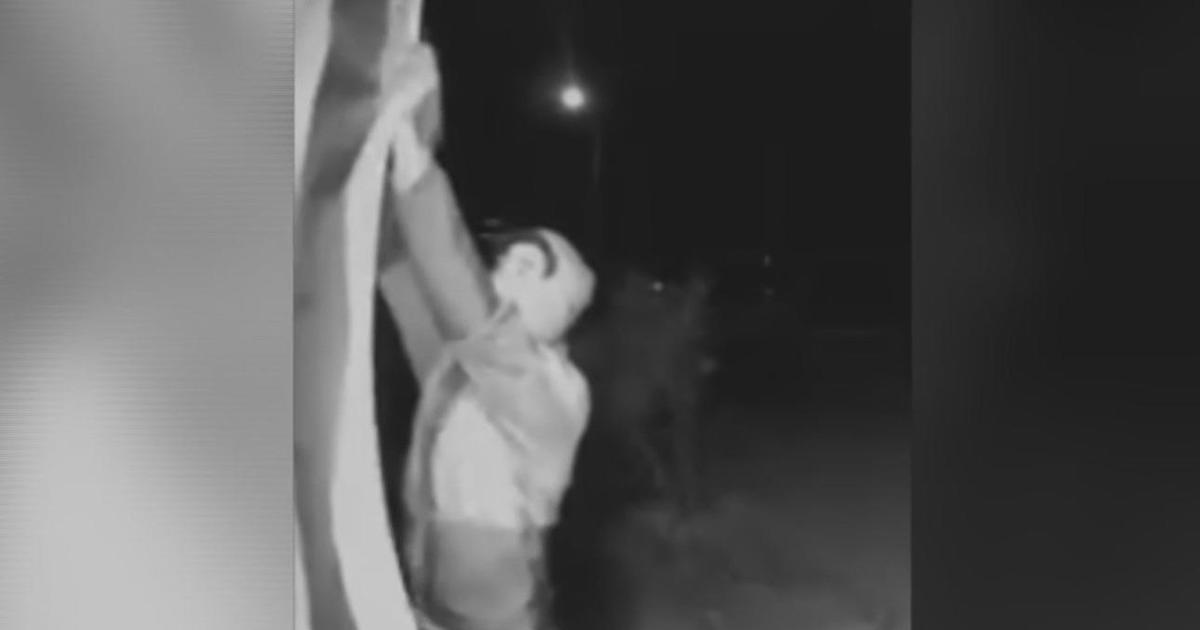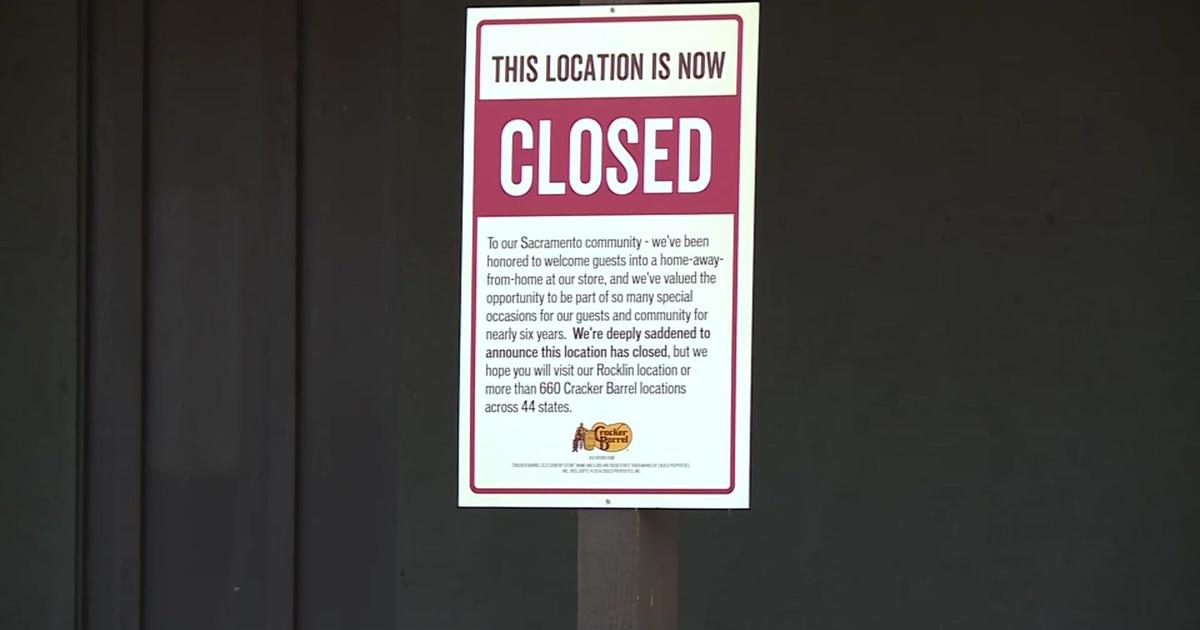Pinterest Is Wildly Popular, But Is It Legal?
FORTH WORTH (CBS) - Pinterest has more than 12 million users. And it's the third most popular social media website behind Facebook and Twitter. But is this digital scrapbook legal? Reporter Adrienne Bankert of CBS11 in Texas talked with a legal expert to find out.
Women use it for everything from planning their weddings to decorating their homes.
Pinterest openly encourages users to share "all the beautiful things you find on the web."
But could you get in trouble with each pin and repin?
"Pinterest is not illegal," says Dallas intellectual property lawyer Casey Griffith. "The issue is that the users of Pinterest can clearly go on Pinterest and see that many users are posting content that is protected by copyright and therefore they are probably infringing copyright."
While it may not be illegal — you could get yourself sued if you're not careful.
Griffith says much of the content posted by users is protected.
"The law covers that the copyright owner may be able to cover their attorney fees and significant statutory damages and that could amount to tens of thousands of dollars," says Griffith.
And don't think you're safe just because you're pinning a watermarked image.
"In other words you're saying because the photo has the watermark it indicates who the real owner of the photo is," says Griffith. "No, that has nothing to do with whether you have the right to republish it or not."
Griffith says it doesn't appear Pinterest could be sued into oblivion the way Napster was back in 2001 when a court shut it down to prevent the downloading of copyrighted material.
He says the primary difference between then and now is that record companies and artists could prove they were losing profits each time their songs were illegally downloaded.
But with Pinterest, he says the free advertising and promotion means the chances of someone actually being sued for copyright infringement is slim because most people want their product pinned.
"So for the user realistically, even if they're technically infringing on someone's copyright, it's probably not going to result in any kind of lawsuit or liability or damages," says Griffith.
And Pinterest has taken steps to protect copyright owners.
The site recently changed its terms and conditions to make it easier to complain and have pictures taken down.
Pinterest also introduced the "no-pin tag" — meaning those who wanted to stay off the site had a simple but firm way of letting pinners know.
And some sources, such as Flickr and Vimeo, automatically caption an image with their source and credit information.
If you're still worried, there's an easy way for you to protect yourself.
"The safest way is to pin images that were generated by you," says W. Keith Robinson, Assistant Professor of Law at SMU. "So either photos you took or drawings you drew."
Griffith says there are no current lawsuits involving copyright violations and Pinterest.



